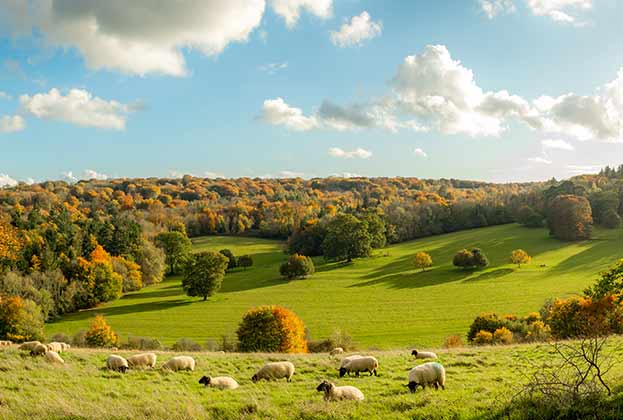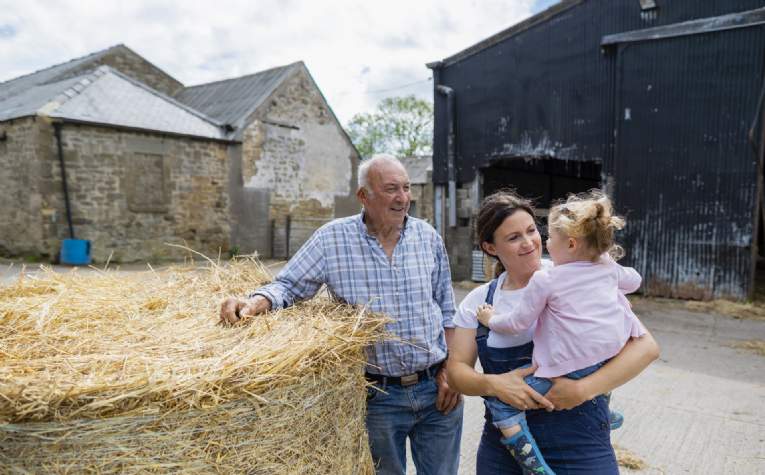Often dubbed ‘gold with a coupon’ because it offers capital appreciation and cash flow, farmland with a reputation as a safe asset class has encouraged investment from institutions, private investors, existing landowners and funds for many years.
Over the past 10 years the unprecedented rise in the capital value of farmland (277 per cent) has led to its outperforming many other asset classes, including gilts, equities, commercial and residential property. It's different from other classes of investment asset in that it is tangible: you can enjoy its sporting and amenity value as well as its income return. It is also an efficient asset for the transfer of wealth from one generation to the next and has a reputation as a safe haven during times of economic uncertainty. Farmland's long-term performance as a ‘hold’ in a property portfolio is historically financially attractive. That said, rental returns are never high: historically between four and five per cent but more recently they typically run at between one and two per cent.
The difference between the tenanted and freehold value will vary with a discount of between 30-60 per cent, depending upon the type of tenancy in question and the security that the tenant possesses. However, there are clearly additional benefits from buying tenanted farmland: a considerable uplift in capital value should the tenant quit or should the tenancy expire.
Opportunities to buy tenanted farmland do not come up very often and when they do, management and repair costs associated with ownership need to be taken into account, though location will often override any cost disadvantage. It is also essential to understand the type of tenancy to which the property is subject as this will effect the tenant and landlord obligations. Nevertheless, this is an investment sector that should not be overlooked.
Further information
Contact Savills Rural services
.jpg)
.jpg)
.jpg)
.jpg)
.jpg)

.jpg)


.jpg)
.jpg)